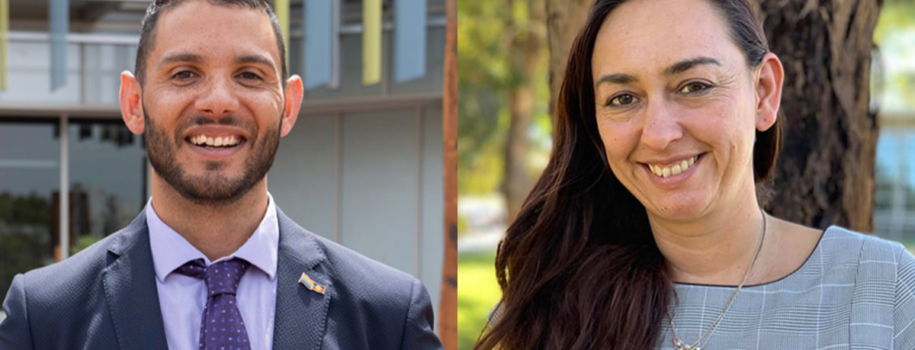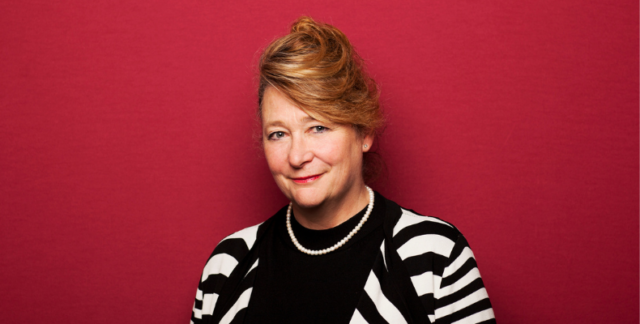As part of the Australian adaptation of Athena Swan, institutions must address the specific inequities and injustices experienced by Aboriginal and/or Torres Strait Islander staff and students.
In this episode, we spoke with Professor Braden Hill and Chanelle Van den Berg about the importance of the SAGE and Athena Swan approach to removing structural barriers for Indigenous peoples.
“Coming to university was an incredibly transformative process and experience,” said Professor Hill, a Nyungar (Wardandi) man and the Pro-Vice-Chancellor (Equity and Indigenous) at Edith Cowan University.
“I think living through that, I got to understand some of the considerable structural barriers that Aboriginal students particularly face in terms of their engagement with higher education.”
Chanelle Van den Berg, a Noongar woman and the Pro Vice Chancellor of Aboriginal and Torres Strait Islander Leadership at Murdoch University, said that it’s important to have an intersectional approach to supporting Aboriginal women in the university.
“You can feel quite left out of that conversation if you don’t see yourself represented in SAGE,” she said.
“I think a really important component of that is to understand the experiences of Aboriginal women and that extra layer.”
 Professor Braden Hill (left) and Chanelle Van den Berg (right).
Professor Braden Hill (left) and Chanelle Van den Berg (right).
Edith Cowan University received their Athena Swan Bronze Award in 2018, while Murdoch received theirs in 2020.
“It’s really incredibly well-embedded at ECU in terms of the way our leadership pays attention to gender equity,” says Professor Hill.
“It’s very focused, and it’s also very evidence and data-driven, which I think really blew me away – coming into ECU to be able to see some very sophisticated data dashboards around gender equity.”
Chanelle says that a hands-on, individualised approach can reap great rewards.
“I realised that students had a lot of things going on with their life—they just needed help to navigate how to do all that problem-solving.
“We had students who had previously been failing… working with them, they came out and just changed their grades around.”
They both agree that there is lots of work to be done, and that the SAGE program is having a considerable impact on their institutions.
“Ultimately, though, it’s up to the culture of the university and the leadership of the university to make it work, but I think Athena Swan provides an incredibly useful scaffold to engage with that work, and I think sometimes that’s all we need,” said Professor Hill.
Listen to episode 11 now or catch up on previous episodes. You can also subscribe to Think Difference on Google Podcasts, Apple Podcasts and Spotify.



